A therapist in Dubai once remarked that mental health is, at its core, a Western concept — rooted in a culture of individualism. “In the West, kids move out at 18,” she observed. “In Arab cultures, they move out when they get married — even if they are depressed because of their family.” For much of Saudi Arabia’s history, mental well-being was viewed through a collective lens: family was the default support system, and personal struggles were typically resolved through the guidance of an imam or a trusted elder. Therapy, if considered at all, was often a last resort — and frequently stigmatized.
Today, that paradigm is changing.
A Generational and Digital Awakening
As Saudi Arabia undergoes profound social and economic transformation,mental health conversation has emerged as an urgent and widely discussed topic. Traditional coping mechanisms are being tested by the pressures of urbanization, economic reform, and the expectations of a digitally connected younger population. What was once dismissed as a luxury is now seen as a necessity — a reflection of evolving cultural norms.
Saudi youth, who make up over half the population, are driving this shift. Social media platforms such as TikTok, Instagram, and Twitter have become unexpected allies in the campaign to normalize mental health. Hashtags like #MentalHealthAwareness and #YouAreNotAlone attract millions of views, offering users the space to share personal stories that, until recently, would have remained private.
“With a society so active on social media, this topic is being discussed openly, making people more self-aware and breaking down barriers,” says Leena Al-Mohammed, a 24-year-old content creator who credits Instagram stories and online communities with empowering her to seek therapy. “Seeing others share their journeys makes you realize you’re not alone.”
Podcasts have also emerged as platforms for honest conversation. On shows like The Mo Show, host Mo Islam has welcomed guests such as Saudi well-being advocate Maha Taibah and U.S. speaker Gary Vaynerchuk to discuss resilience, vulnerability, and emotional intelligence. These exchanges, blending local and global voices, reflect a growing appetite for mental health discourse in a rapidly evolving society.
Even access to care is changing. Apps offering discreet therapy sessions have gained popularity among young professionals, providing private, flexible ways to access help and easing the intimidation often associated with traditional clinics.
A Cultural and Policy Shift
Government policy has played a significant role in legitimizing mental health care. In 2018, the Saudi government established the National Center for Mental Health Promotion, launching hotlines, awareness campaigns, and online platforms aimed at improving access. Between 2018 and 2023, the Ministry of Health reported a 60% increase in the use of mental health services — a statistic that signals growing public trust.
This isn’t only a cultural shift; it’s also a strategic one. A resilient, emotionally balanced workforce is key to sustaining the Kingdom’s ambitious economic goals. “Accessibility has changed the landscape,” says Dr. Khalid Al-Saif, a psychiatrist based in Riyadh. “When culturally sensitive options are available, people are far more likely to seek help.”
Perspectives From the Frontline
Dr. Khalid A., who practices in a public hospital, describes a growing range of cases tied to the country’s rapid transformation. “We see everything from anxiety and depression to stress disorders linked to academic pressure, job insecurity, or family expectations,” he explains. “Young people are more open to therapy. Older generations, however, often still view it as a sign of weakness — a mindset we’re slowly trying to change.”
Family dynamics are frequently at the heart of patient concerns. “In a culture where family is central, conflict at home can feel particularly overwhelming,” he adds. “Unrealistic expectations or generational tensions often underlie the distress.”
Therapy, in this context, introduces a new paradigm — one that centers the individual. For younger Saudis, this signals a shift not away from tradition, but toward balancing personal well-being with inherited values.
Religion as a Bridge, Not a Barrier
Historically, religion was seen by some as incompatible with therapy. Today, it is increasingly being reframed as a source of support. Prominent scholars now argue that Islamic teachings encourage both emotional and physical care.
“Our faith encourages care for both the mind and body. Seeking therapy is not a sign of weakness but of strength,” says Sheikh Abdullah Q., a well-known religious figure who has spoken publicly about mental health. This alignment has been especially important for older and more conservative Saudis, offering a way to reconcile traditional beliefs with contemporary practices.
Progress and Ongoing Challenges
Saudi women are among the leading voices in this national conversation. Many have integrated emotional well-being into their roles as educators, therapists, and influencers — further breaking the silence around mental health.
Yet challenges remain. Rural areas still face a shortage of qualified professionals, and stigma persists in certain segments of society. Therapy may no longer be taboo, but full cultural acceptance is still a work in progress.
Nevertheless, the direction is clear. From policy reforms to personal testimonies, Saudi Arabia is redefining its relationship with mental health. What was once unspoken is now part of a broader national dialogue — one shaped by screens, voices, and a society learning, in real time, to value the mind as much as the body.
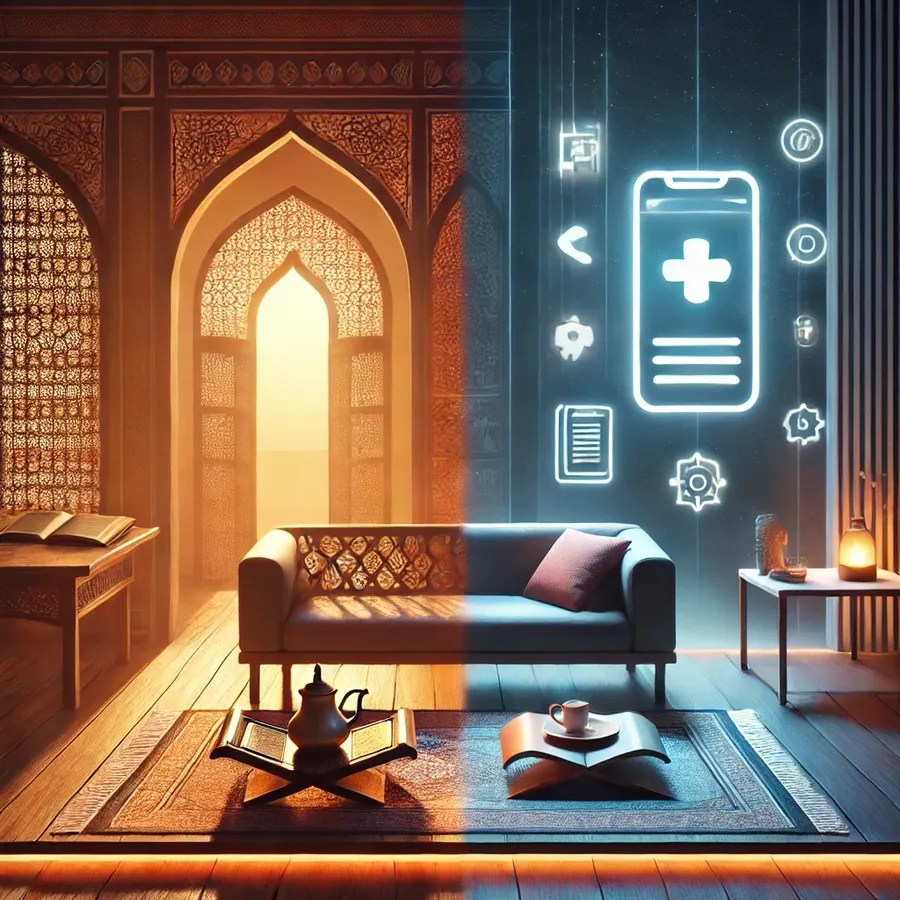
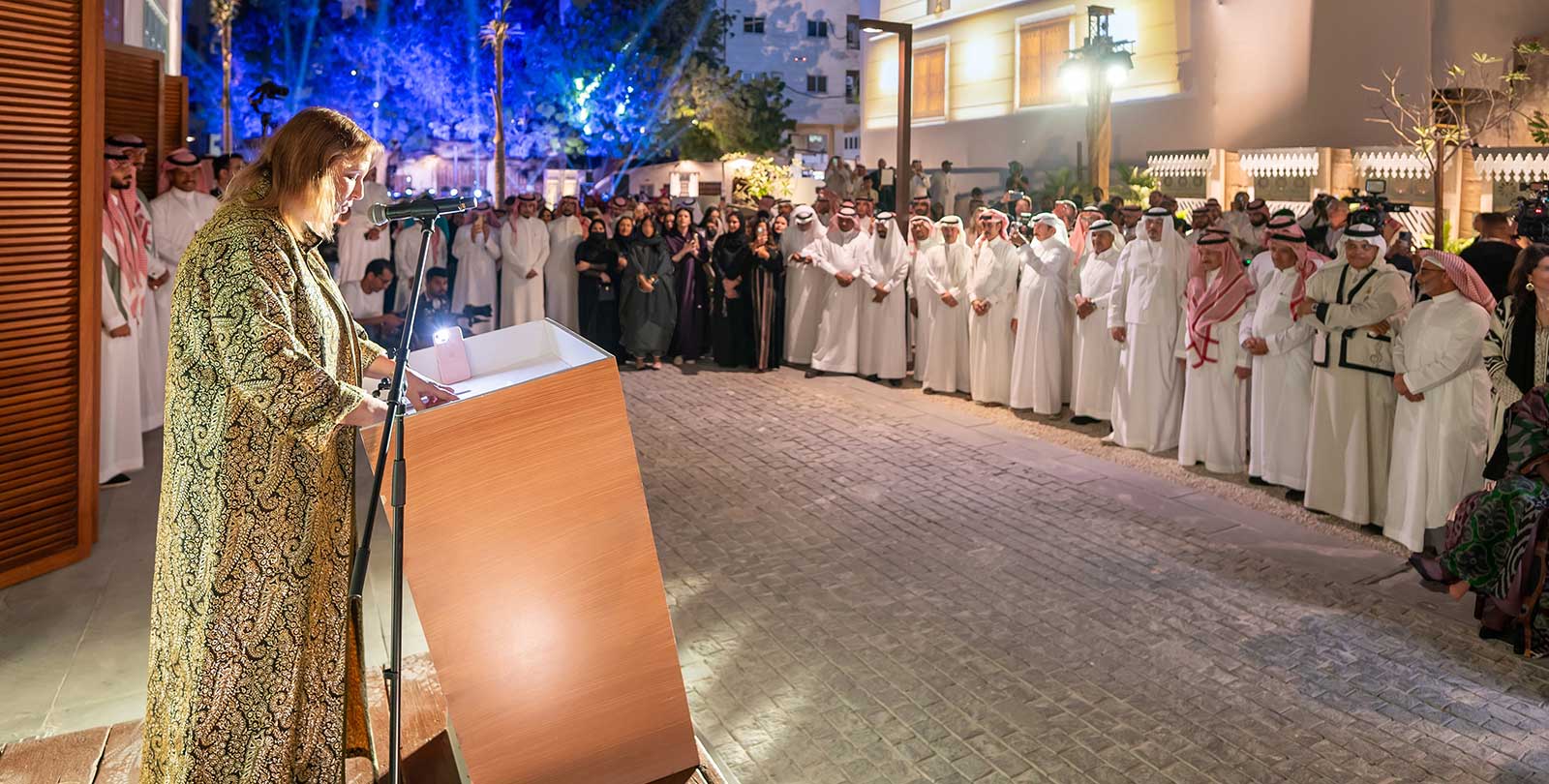
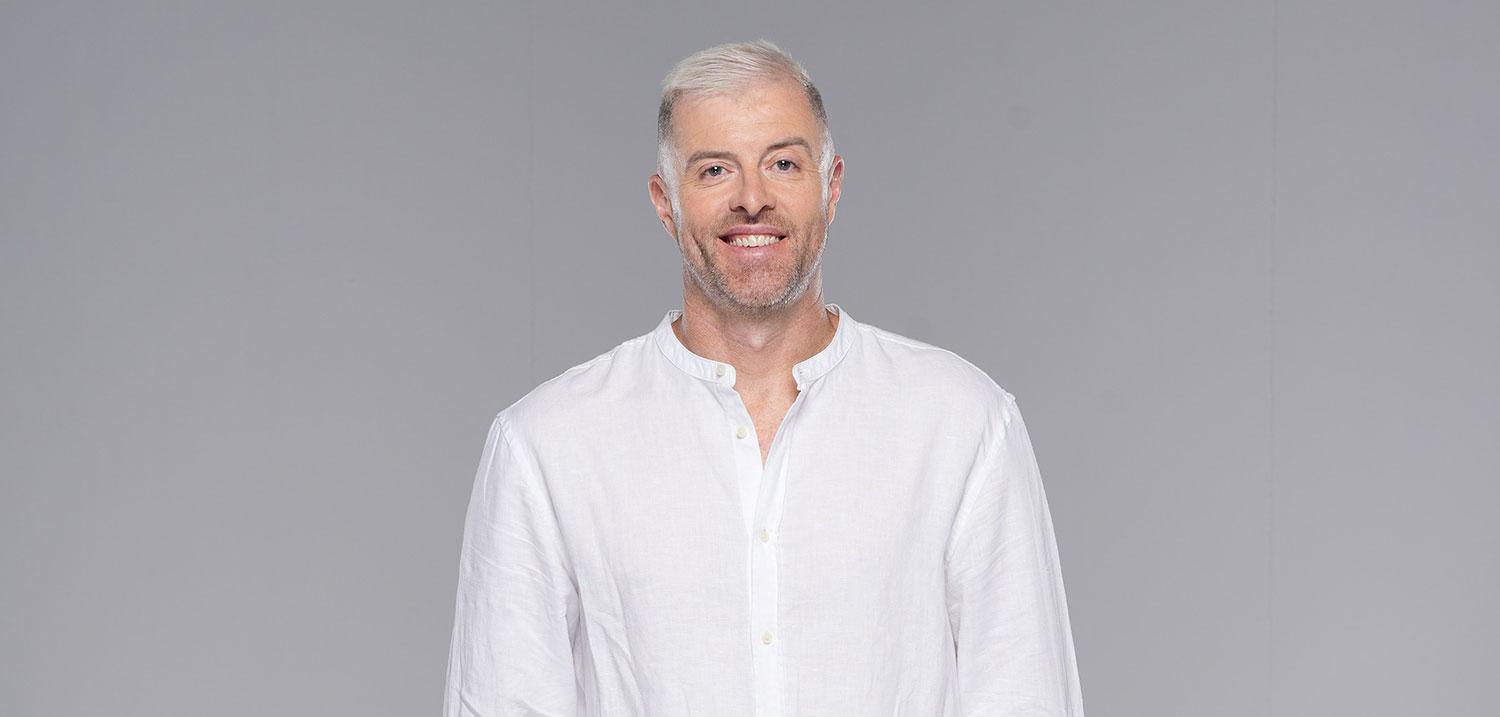
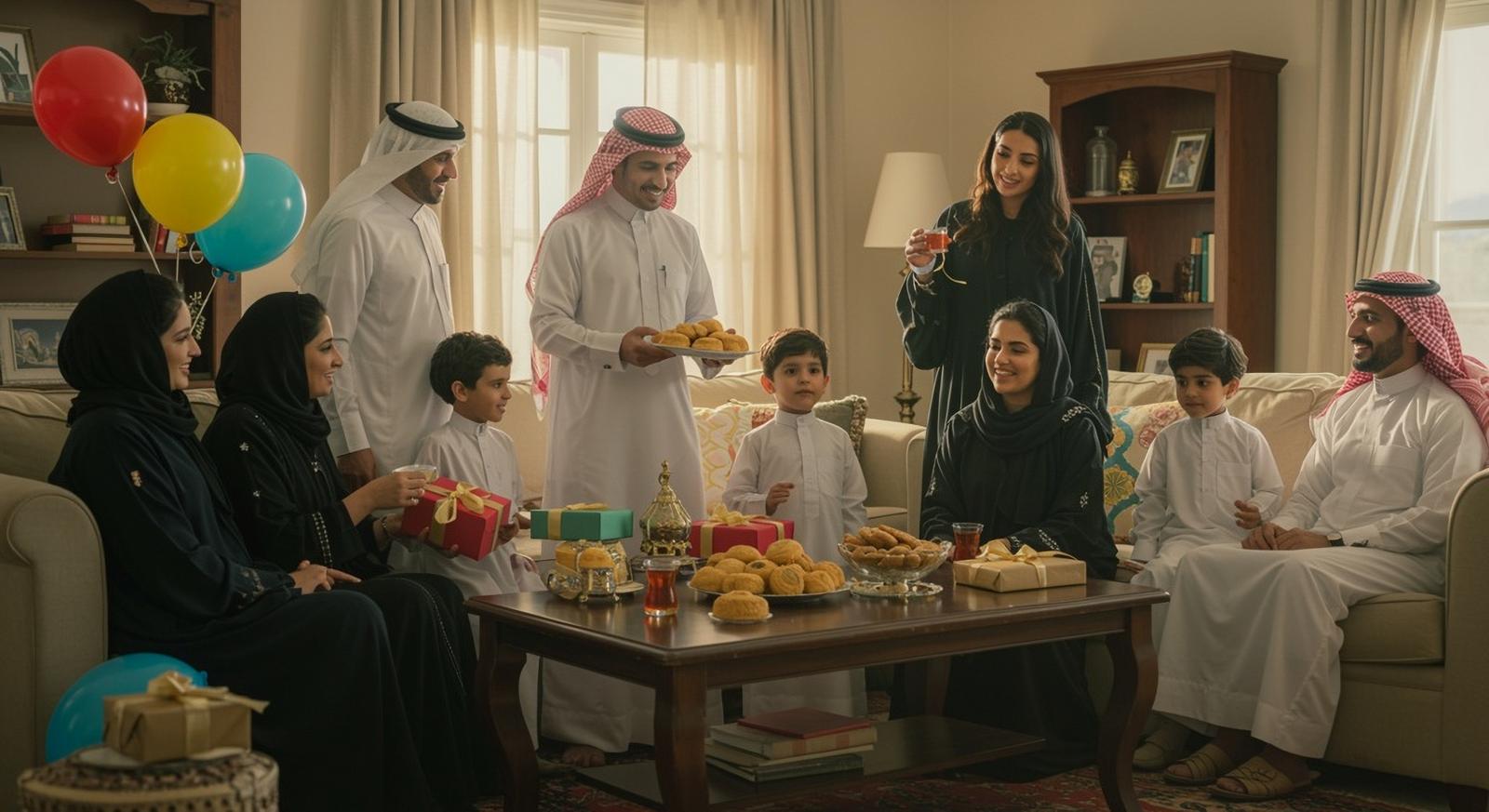
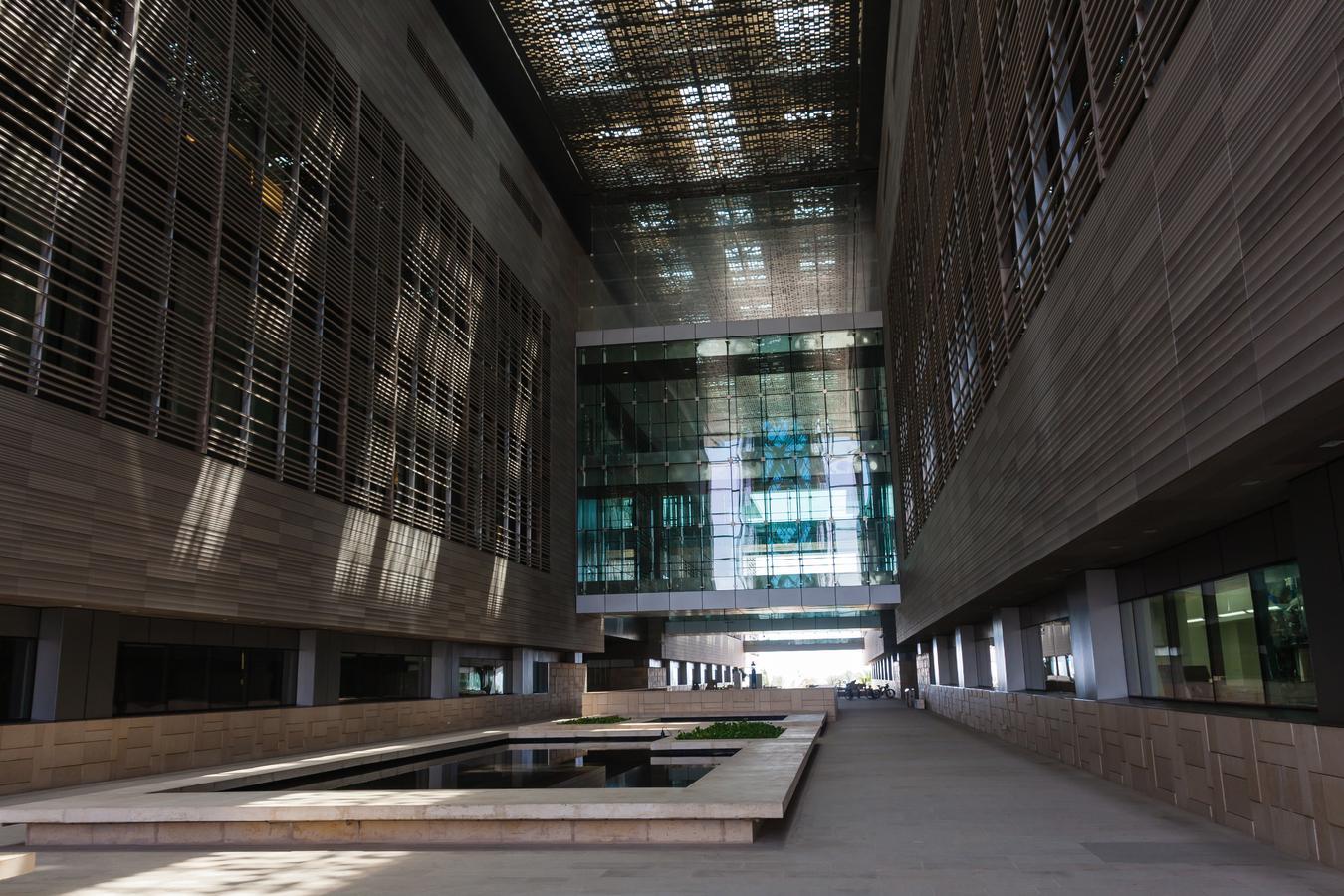
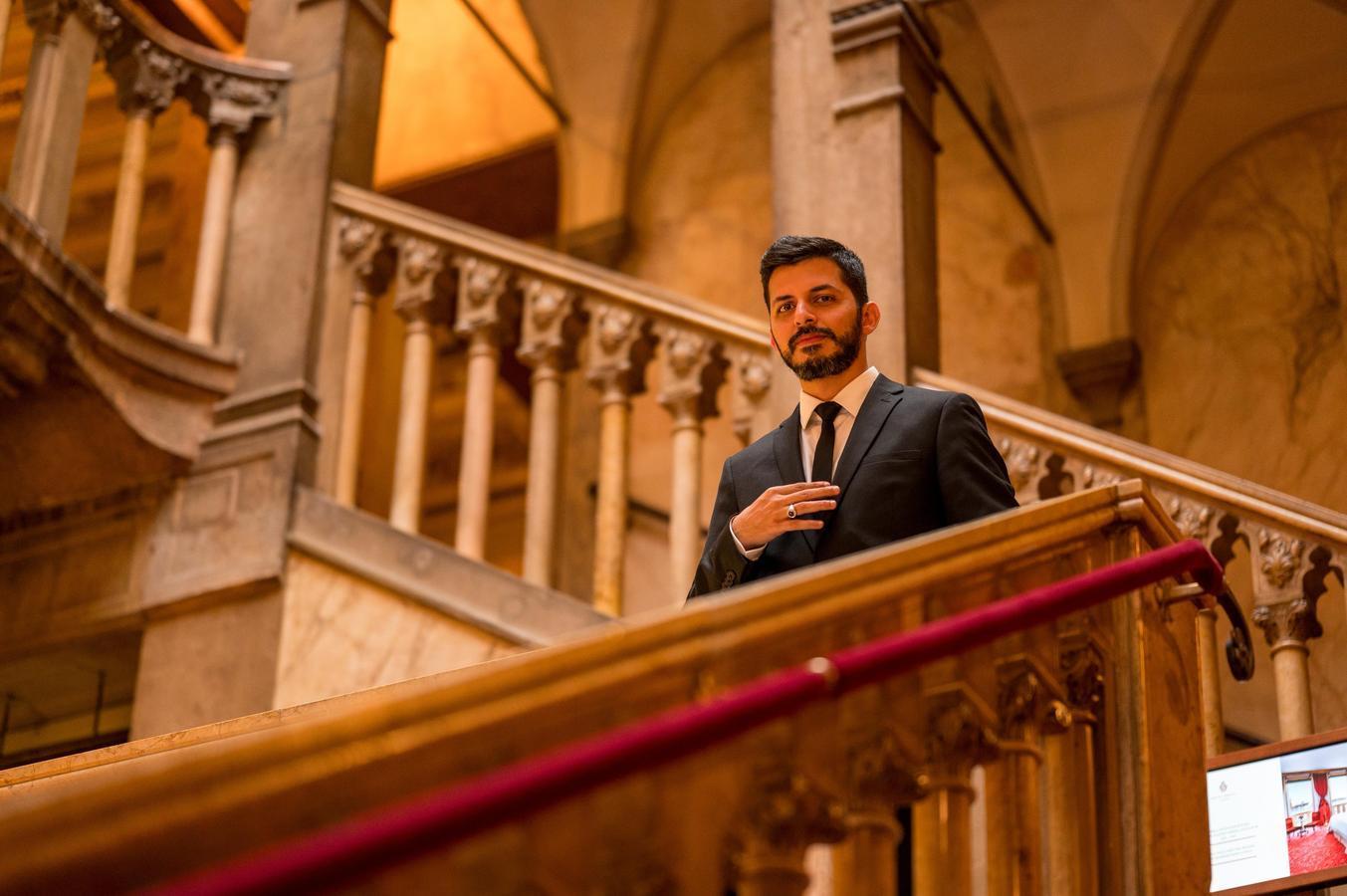
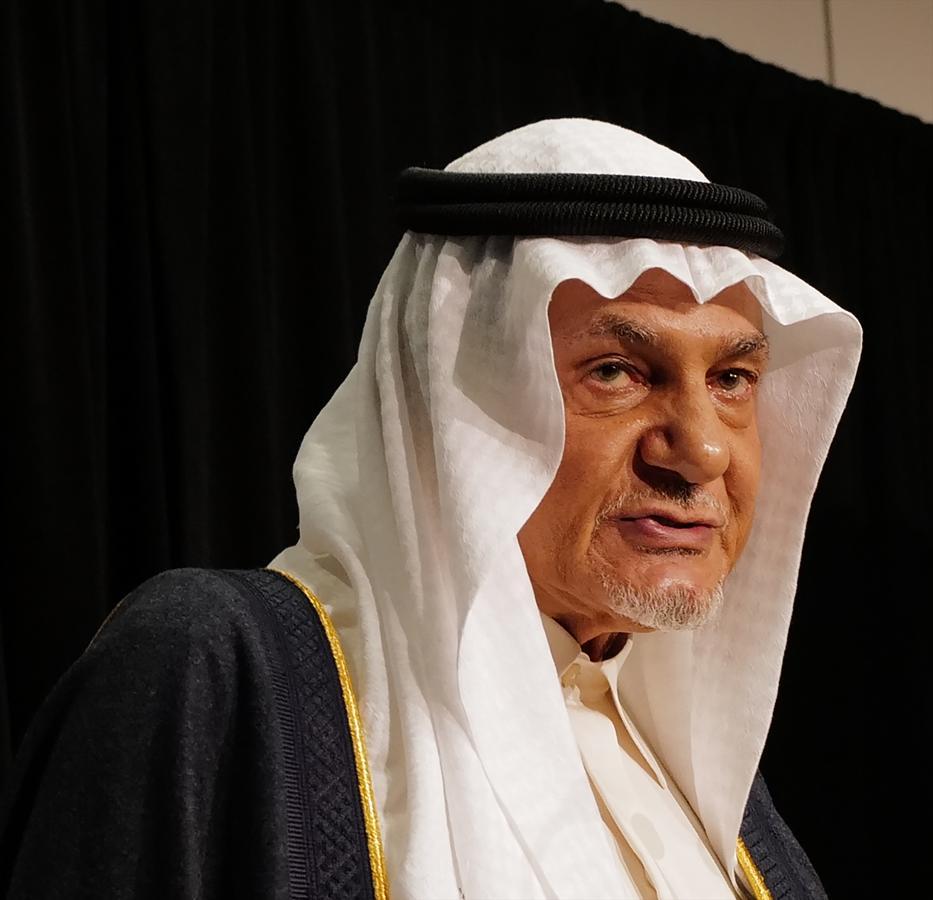

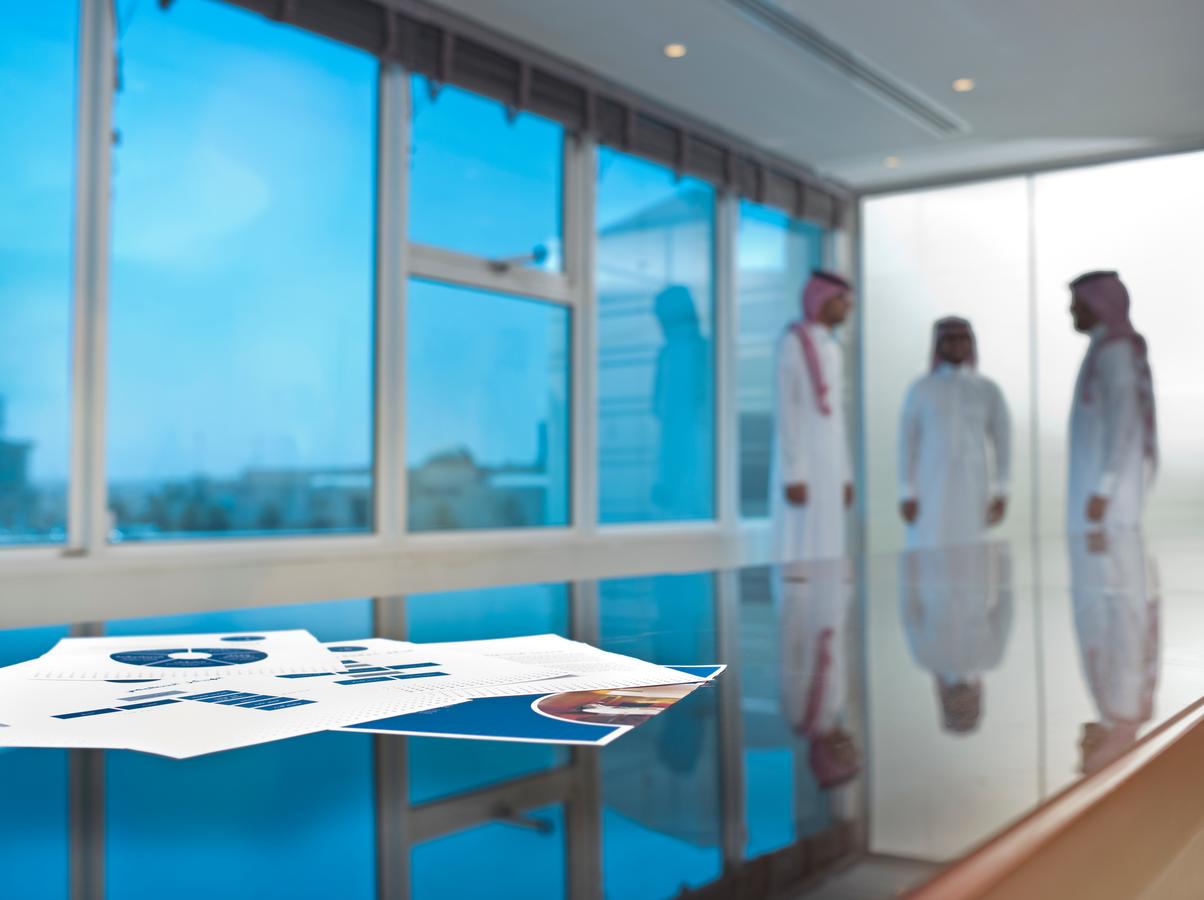
0 Comments
No comments yet. Be the first to comment!